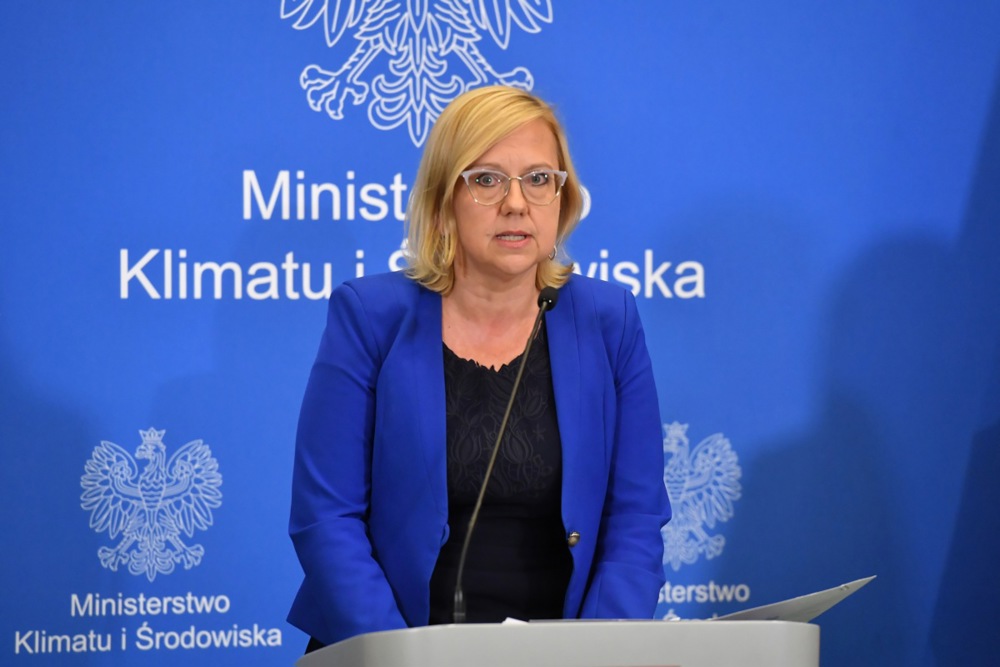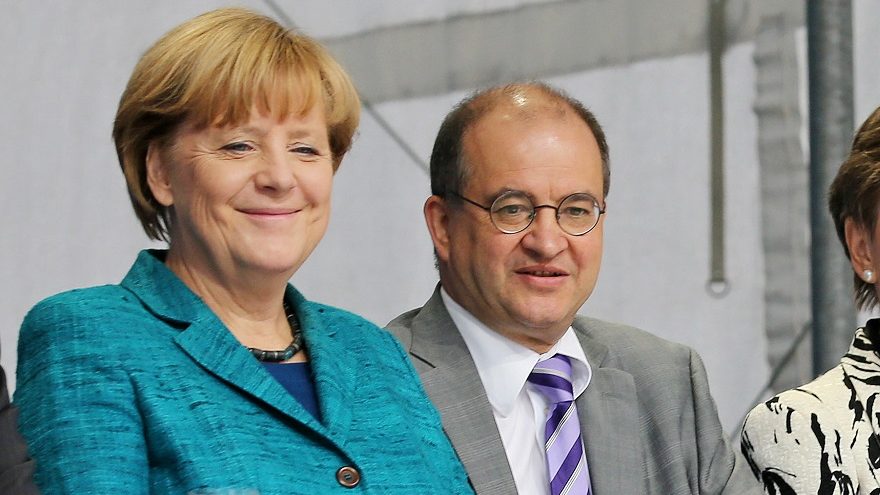European officials are “not serious” about achieving the EU’s “net zero” goals as proven by the lack of investment in nuclear energy, Conservative think-tank MCC Brussels has claimed.
The criticism comes in an August 9 report about the suitability of nuclear power in Europe. The report’s authors claim that a transition away from fossil fuels will be difficult without using nuclear-power technology.
“The facts are there and without dispute – European energy policy is on the road to nowhere without nuclear,” MCC Brussels executive director Frank Furedi told Brussels Signal.
“If ‘elites’ continue in this fashion, European voters should question if ‘Net Zero’ really is a fundamental goal, is just environmental window dressing, or, worst of all, hides other motivations for EU bureaucrats,” he said.
According to MCC Brussels, nuclear energy has been hamstrung by its poor perception among the public, which it claims was brought about by concerns such as the danger of nuclear weapons, claims that have been reinforced by mass media.
“If the potential of nuclear fission had been discovered yesterday, we would celebrate it as a world-saving miracle,” the group said.
“Unfortunately, the circumstances that gave us access to nuclear power have tarnished the positive aspects and led to a history of fears and smears, co-mingling justified worries about nuclear weapons with the unjustified fear of nuclear power.”
MCC Brussels goes on to acknowledge that, while it is theoretically possible for the European Union to achieve its climate goals without the technology, that would almost certainly be to the enormous detriment of normal Europeans’ quality of life, with renewables unable to fully fill the gaps left by the removal of fossil fuels.
“It often escapes our attention that energy is the only universal currency. Nothing can be done without it, and any society’s living standards are defined by the amount of energy an individual gets to use,” the report’s author, Ralph Schoellhammer, a senior lecturer at Webster University Vienna, told Brussels Signal.
“An energy policy that reduces the available amount can only result in lower living standards,” he said, adding: “Several European countries led by France have finally realised this and are forming an alliance for a nuclear renaissance.”
Schoellhammer said “pro-nuclear forces” within the bloc now work on “rehabilitating” the technology’s image in the eyes of the masses, who have been influenced by “decades of disinformation”.
The report comes just months after Germany’s last three nuclear power plants were shut down, with many politicians lamenting the decision as a “black day” for the country.
The closures have largely been celebrated by “green” politicians, who have insisted that such moves will not add to the energy supply problems the country was already experiencing.





